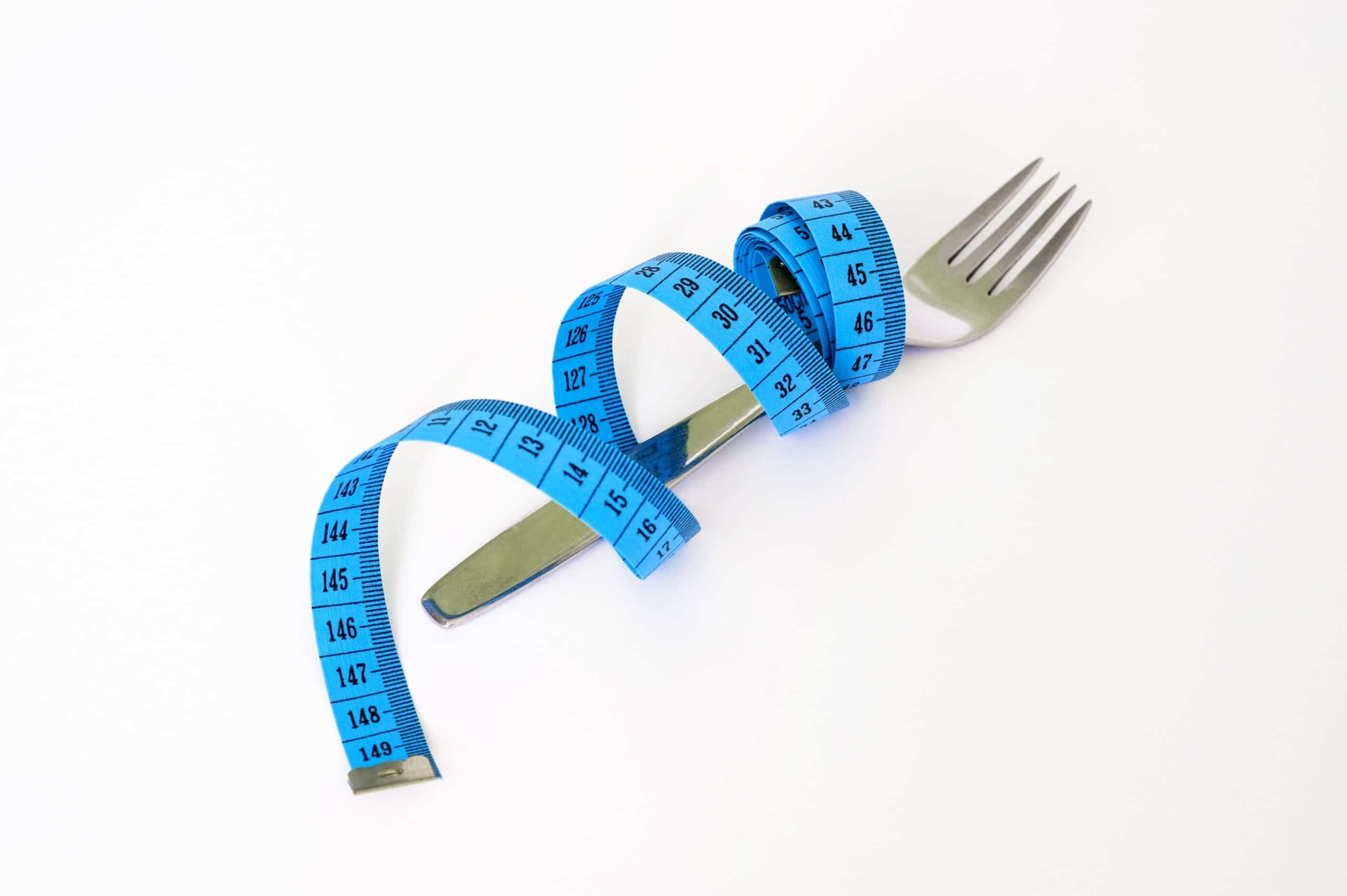This Could Be Why You’re Not Losing Weight After Training Hard.
We have all been there.
6 days a week, training at least an hour a day, joining fitness classes, doing lots of cardio, or burning your training at hardcore HIIT sessions, hoping to burn the calories and look amazing.
Alas, after all the hard work, it feels as if nothing has changed. You step on the scale and nope, not even a gram gone. In fact, you feel hungry more often, and can’t seem to stop trying to…

So you’re stuck in a dilemma, thinking that nothing you ever do can help you change. Thankfully, what you experience is normal, and is really because of adaptive thermogenesis.
Wait. Adaptive ThermogeneWHAT?
Our body expands and consumes energy to survive, which is where the term “calorie in, calorie out” came from. In the context of weight loss, you are basically trying to eat lesser and move more to create a calorie deficit, therefore losing weight in the long term.
Here’s the fun part: When you eat too little or move too much, your body senses that a change beyond normal is happening. This causes the body to sense ‘danger’ as it is no longer in balance.
To fix the issue, the body will begin to adapt to the situation and subconsciously tell you to consume more food. It does so by sending hunger signals through hormones to tell you that you are hungry. Following so, your natural reaction to curb the body’s need is to eat.
Why would the body do that?! Doesn’t it know that I want to LOSE WEIGHT?
The more you exercise above your resting metabolic rate (the minimum amount of energy your body needs to support you), the more likely you will feel these sensations. This is because the body is designed with a primary priority to ensure that you survive, and expanding a lot of energy signals to the body that you are not in homeostasis, or the body’s perspective of balance.
Okay, so I can’t lose weight now?
Thankfully, the good news is that you can still lose weight, and the general principles around weight loss has not changed – you need to create a calorie deficit through movements and reduced consumption of food.
To help you get there, I present to you Figure 1 – everything explained above, but in picture.

Essentially, if you are trying to lose weight, you just need to understand how the body responds to behavior.
If you belong to the “I’m so hungry every time I train hard” category, you can choose to do one of two things:
1. Reduce your training intensity or duration
If you are training hard or long, your body will start screaming “I need energy, and I need it FAST!” as a response to:
- Your increased use of fuel, or carbohydrates.
- Your increased use of energy.
This will cause your body to start telling your brain to hunt for food, particularly carbohydrates as the body needs energy source fast.
Unfortunately, the longer it’s deprived of energy, the more likely you’ll overcompensate later. One way to avoid the whole drama is to just not train too hard – a viable option for those hoping to lose weight.
However, if reducing training intensity or duration is not an option, the next option might be better.
2. Increase your food consumption
By this I do not mean have bigger main meals, but to eat around your training. Aside from reducing the potential of hunger screams throughout the day, you also fuel your body for performance and recovery.
Simple food you can consider before or after workout for glycogen or fuel could easily be a banana, some oatmeal, a small sandwich, or just some gummy bears.
Eggs, milk, or a whey protein shake will be helpful post-workout. Having protein will also help regulate appetite, therefore possibly reducing the hunger pangs.











